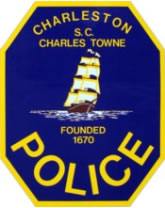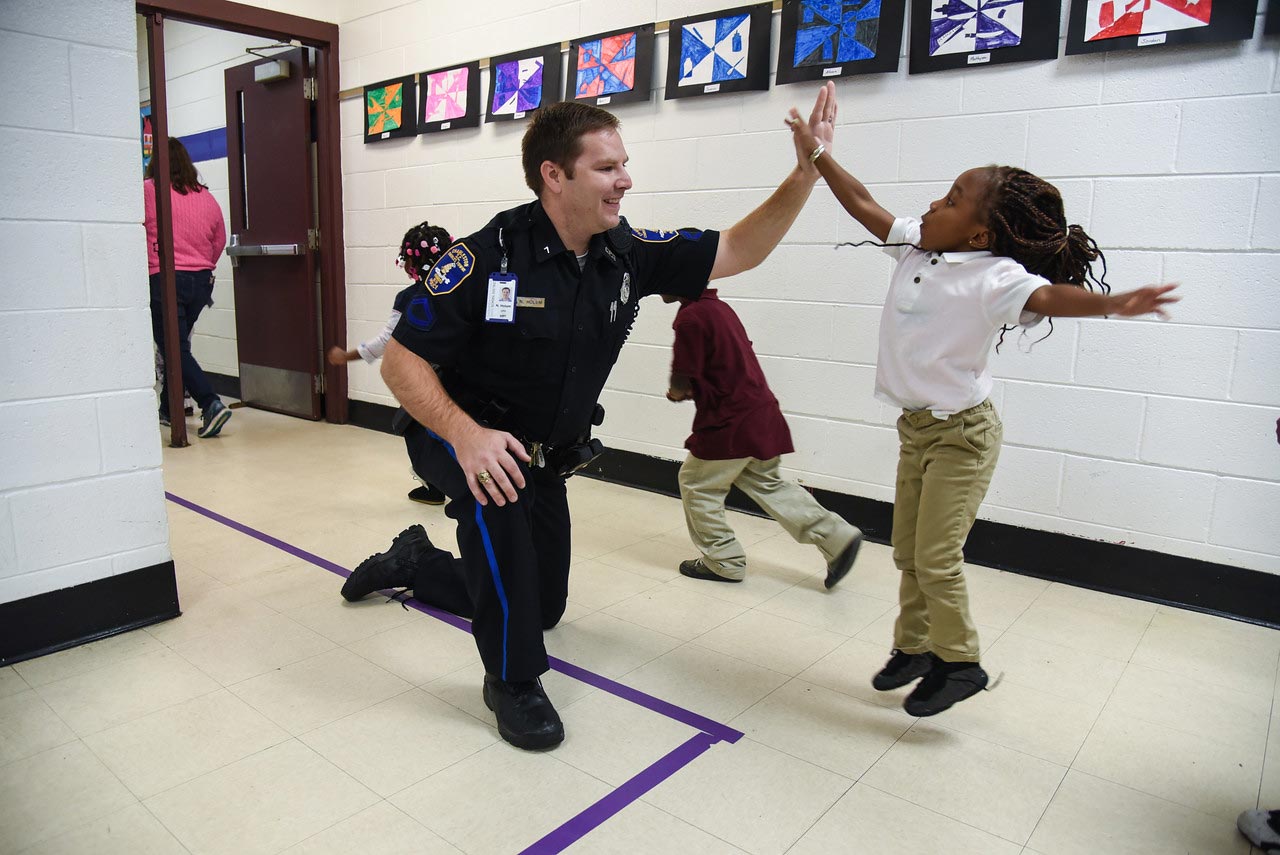Contact Us
To provide feedback on the Community Policing Dispatch, e-mail the editorial board at CPDispatch@usdoj.gov.
To obtain details on COPS Office programs, publications, and resources, contact the COPS Office Response Center at 800-421-6770 or AskCopsRC@usdoj.gov

U.S. Department of Justice
Office of Community Oriented Policing Services
Washington, DC 20530
 The Charleston (South Carolina) Police Department (CPD) is engaged in some hard learning. The 2015 shooting of Walter Scott (who was unarmed at the time) by a uniformed officer in North Charleston made international news and resulted in numerous investigations by federal, state, local, and nongovernmental organizations and resulted in the conviction of the officer. However, rather than declare “case closed,” Charleston dug deeper. On December 18, 2018, “Mayor Tecklenburg and the City Council voted . . . to allow the Charleston Police Department to hire an external company to examine [the] CPD’s policies and procedures in the following topic areas: (1) use of force, (2) traffic stops and field contacts, (3) internal and external complaints, (4) recruitment and hiring, and (5) community engagement.”1 The final report, which was released in November 2019, is the second item on the CPD website; it is easy to find and easy to read. For a community in the process of healing, transparency such as this is an essential step.
The Charleston (South Carolina) Police Department (CPD) is engaged in some hard learning. The 2015 shooting of Walter Scott (who was unarmed at the time) by a uniformed officer in North Charleston made international news and resulted in numerous investigations by federal, state, local, and nongovernmental organizations and resulted in the conviction of the officer. However, rather than declare “case closed,” Charleston dug deeper. On December 18, 2018, “Mayor Tecklenburg and the City Council voted . . . to allow the Charleston Police Department to hire an external company to examine [the] CPD’s policies and procedures in the following topic areas: (1) use of force, (2) traffic stops and field contacts, (3) internal and external complaints, (4) recruitment and hiring, and (5) community engagement.”1 The final report, which was released in November 2019, is the second item on the CPD website; it is easy to find and easy to read. For a community in the process of healing, transparency such as this is an essential step.
The report also highlights the community policing practices in Charleston: “The department has established community action teams (CAT), developed training curricula, and collected data on community engagement. Some of the CPD’s engagement activities include attending neighborhood meetings and hosting events, such as Camp Hope, a summer program that provides at-risk youth the opportunity to build relationships with CPD officers.”2 One of the recommendations in the report is relationship-building with youth, a suggestion the department appears to be taking seriously. The photo is from the 2018 “Cocoa with a Cop” event at the St. Andrews School of Math and Science. The photographer catches Master Police Officer Nikolaus Holum mid–high five with a student. For a city determined to shine a light on its tragedies, it seems like an excellent effort.

Sarah Estill
Social Science Analyst
References:
1. “Racial Bias Audit,” Charleston SC, accessed December 9, 2019, https://www.charleston-sc.gov/2250/Racial-Bias-Audit.
2. Denise Rodriguez et al., Final Report: Racial Bias Audit of the Charleston, South Carolina, Police Department (Arlington, VA: CNA, 2019), https://www.charleston-sc.gov/DocumentCenter/View/25213/CNA-CPD-Final-Report---11719.
Subscribe to Email Updates
To sign up for monthly updates or to access your subscriber preferences, please enter your email address in the Subscribe box.






